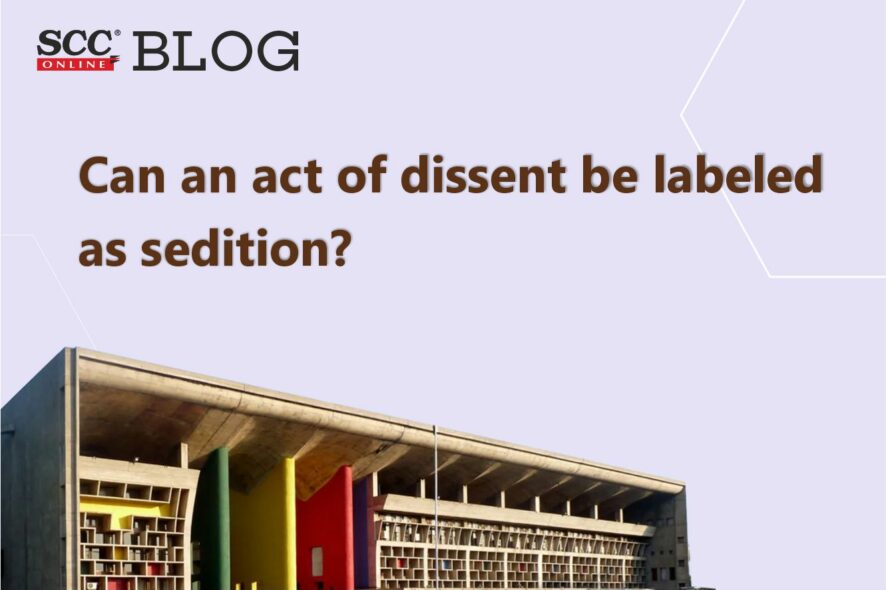Punjab and Haryana High Court: Expressing that, in a democratic set-up, there always would be voices of dissent and opinions against rules and protest against actions, Vinod S. Bhardwaj, J., observed that, some protests may have aggression but still an act of dissent would not be ordinarily labeled as sedition.
Instant petition was filed for grant of regular bail to the petitioners in a case under Sections 307, 438, 427, 148 and 149 of the Penal Code, 1860; Sections 121, 121-A, 122, 124-A, 115 and 120-B of the IPC, 1860; Sections 11, 12, 13, 17 and 18 of the Unlawful Activities (Prevention) Act, 1967 (hereinafter referred to as ‘UAPA Act’); Sections 25/54/59 of the Arms Act, 1959 and Section 66-F of the Information and Technology Act, 2000.
Analysis, Law and Decision
Balancing of right of an accused to seek speedy trial viz-a-viz the entitlement of the State to keep an accused in custody for a prolonged period
High Court expressed that, it is a well-settled position in law that power of bail is not a substitute to inflict sentence on an under trial and that unless sufficient circumstances exist justifying confirmed incarceration, as accused would rather be entitled to a concession of bail.
“…Article 21 of the Constitution of India guarantees right to speedy trial.”
Further, it was noted that the trial in question was stayed even prior to the Supreme Court order in the matter relating to Section 124-A IPC. In Court’s opinion, it does not appear probable in the near future that, the trial shall make any progress.
“Section 124-A IPC was widely worded to cover bringing or attempts to bring into hatred or contempt, or attempt to excite dis-satisfaction towards government established by law. The object being to subjugate Indian people and to function on absolutism and to crush any people’s movement ignoring the fundamental rights embodied in the Constitution of India recognizing freedom of speech and expression as well as the freedom to assemble.”
Bench added to its observation that, to attract an offence such as Section 124-A IPC, there must be deliberate resistance and conscious defiance of authority with a conceived plan aimed to unsettle elected government.
With regard to the imprisonment of the accused, Court stated that once the trial in a case is not proceedings, the accused cannot be penalized by being forced to undergo confinement.
High Court deemed it appropriate to enlarge the petitioners on bail. Hence, the petition was allowed.[Dharminder Singh v. State of Punjab, 2022 SCC OnLine P&H 1115, decided on 17-5-2022]
Advocates before the Court:
Mr. Arnav Sood, Advocate for the petitioners.
Ms. Amarjit Kaur Khurana, DAG Punjab.


